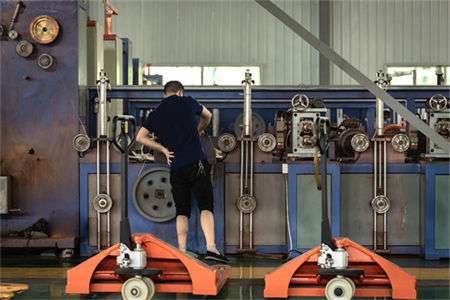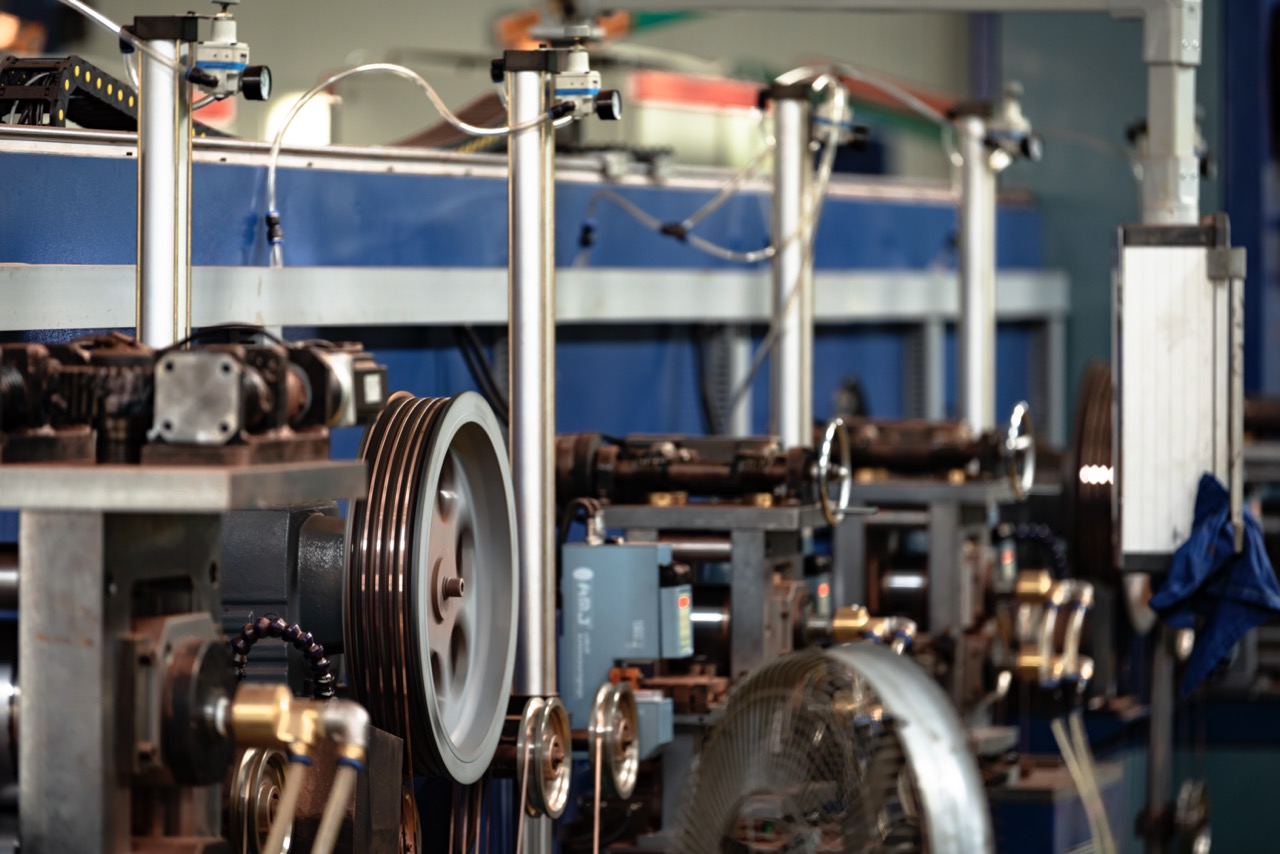To produce small-sized copper flat bars and ensure the quality, it is necessary to strictly control every link in the entire process, from raw material selection to final product testing. The following are the key steps and technical points:
1. Select the best raw materials
High-purity copper material: Selecting copper materials with high purity and few impurities can improve conductivity and ductility, ensuring that the copper strip still has good physical properties under small specifications.
Material pretreatment: The raw materials need to be surface cleaned and pickled to remove impurities and ensure the purity and adhesion of the materials in subsequent processing.
2. Precision rolling process
High-precision rolling mill: Use multi-tandem rolling mills (such as four-tandem rolling mills) to ensure uniform thickness and precise width of the copper strip. Multi-tandem rolling mills have more stable pressure control and can produce thinner and more precise copper strips.
Multiple cold rolling and annealing: Cold rolling is used to achieve thickness control of small specifications, but internal stress will be introduced during the cold rolling process, which requires intermediate annealing to eliminate the internal stress and maintain the flexibility and strength of the material.
Progressive rolling: Reduce the thickness step by step to avoid excessive deformation at one time, which may lead to cracks and surface defects, and ensure the quality of the copper strip.
3. Strict surface treatment
Smooth surface: Precision polishing and cleaning processes ensure a smooth surface without scratches. Small-sized copper flat bars have high requirements for surface finish, and any scratches and unevenness will affect subsequent applications.
Anti-oxidation treatment: Surface treatment such as tin plating, nickel plating or coating can enhance oxidation resistance and avoid oxidation during storage and transportation.

4. Precision thickness and width control
Automated testing equipment: Use online thickness detectors (such as laser thickness gauges) to monitor the rolling thickness and width in real time to ensure that the tolerances meet the requirements.
Automatic feedback control: Modern rolling mills are equipped with an automated feedback control system that adjusts parameters based on test data to ensure dimensional consistency of products.
5. High standard annealing treatment
Constant temperature control: Annealing temperature and time need to be strictly controlled to improve the ductility and tensile strength of the material, make the product more flexible, and avoid breakage during subsequent use.
Hydrogen protective atmosphere: Annealing in a hydrogen protective atmosphere can prevent oxidation, keep the copper strip surface bright, and improve quality.
6. Quality testing and inspection
Multiple sampling tests: Multiple sampling tests are carried out during the production process to ensure that the thickness, width, surface finish, tensile strength, etc. of each batch of products meet the technical requirements.
Professional testing equipment: high-precision microscopes, tensile testers, surface quality testers and other equipment are used to ensure that the final product meets the standards and meets the high-precision needs of customers.
7. Packaging and storage conditions
Protective packaging: Small-sized copper flat bars are easily affected by air and moisture, so they need to be packaged in moisture-proof and anti-oxidation materials and stored in a dry environment after sealed packaging.
Temperature and humidity control: In the warehouse, ensure that the temperature and humidity of the storage environment are stable to avoid deformation and oxidation of the copper strip and ensure factory quality.
Summarize
The production of small-sized copper flat bars requires high-precision equipment, mature process control and comprehensive testing methods to ensure that the products meet quality standards. High-quality production results can only be achieved through fine control of raw materials, rolling process, surface treatment, annealing process and quality testing.
